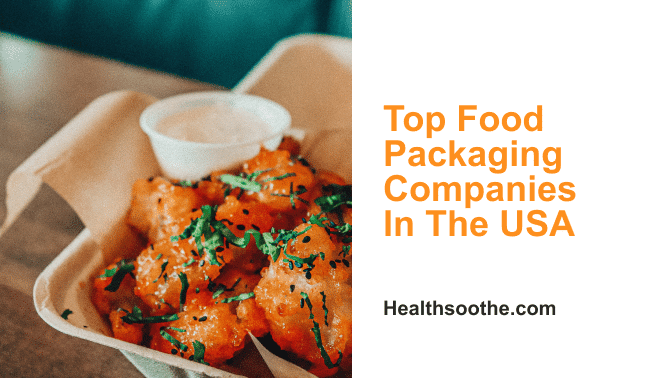Food packaging technology safeguards foodstuffs throughout distribution, storage, and transportation. This packaging has to be created affordably and with consideration for the particular food item.
The following are the primary purposes of food packaging:
- Food must be contained within the packaging at all times. Food that is granular, moist, or otherwise non-solid must be confined properly; for oats, this may need a simple plastic bag, while for the soup it may entail an aluminium can. Transport and shelf life, as well as other variables, affect how long a container will last.
- Food has to be safeguarded against items that may taint or lower its quality. The packaging should be resistant to biological decay brought on by pests, germs, mechanical damage from compression or vibration, and chemical decay (oxidation, corrosives, etc.)
- Food goods must have thorough documentation on their packaging, according to communication. A fast glance at the box should provide the customer with access to the brand name, religious requirements, preparation guidelines, and any possible risks.
- Environmental Interactions: Packaging must clearly include recycling instructions (if applicable), the kind of plastic, and/or any other details that might help reduce waste after use.
- Safety: Food packaging must not interact negatively with the food product; this includes contamination with metal or plastic, heating problems, and/or anything else that might endanger the customer.
- Access: The food within the package must be readily available to the customer, such as via pour spouts, screw caps, zip-lock closures, etc.
Family-owned company Carepac focuses on flexible material packaging. They have a wide range of FDA-compliant food packaging solutions, and you can also choose from a vast range of configurations and features. Whether you sell coffee beans, herbs, rice, organic food, or gummies, Carepac has a corresponding custom container for your business.
Food packaging businesses make sure that these standards are maintained so that food may arrive at the consumer's table whole and unspoiled.
To execute this operation, they employ a variety of instruments, including cardboard, plastic, bottles, bags, and other items, as well as specialized methods to guarantee a longer shelf life and better ergonomics.
In order to simplify the process, food packaging is often done simultaneously with food production.
As a result, the majority of food packaging businesses also serve as food manufacturers, however, there are independent packaging providers.
The business behind Pepsi, Frito Lay, Doritos, Quakers, and many other well-known snacks and drinks is called PepsiCo, with its headquarters in Purchase, New York.
PepsiCo has spent more than 65 years on the Fortune 500 list, making it one of, if not the biggest food production and packaging companies in the world.
Recently, the company has shifted its focus to environmentally friendly packaging techniques like recycled plastics and circular plastic lifecycles.
JBS

JBS is a well-known meat processing business with over 300 sites worldwide and is headquartered in Greely, Colorado. They utilise their own packaging supplies to process, prepare, package, and ship their goods to more than 105 nations.
Tyson Foods

Tyson Foods, Inc. is a worldwide American company with headquarters in Springdale, Arkansas, that works in the food sector. After JBS S.A., the corporation is the second-largest processor and marketer of beef, hog, and chicken in the world.
The majority of the beef exported from the United States each year comes from this country. It manages well-known food brands like Jimmy Dean, Hillshire Farm, Ball Park, Wright Brand, Aidells, and State Fair together with its subsidiaries.
For good reason, Tyson Foods of Springdale, Arkansas is highly recognised for its chicken. Each week, they package approximately 42.5 million chickens to provide food to all 50 states.
By eliminating extra packaging, evaluating the final package design, and finding more environmentally friendly substitutes for conventional packaging materials, they are improving their ability to package food.
Mars Inc
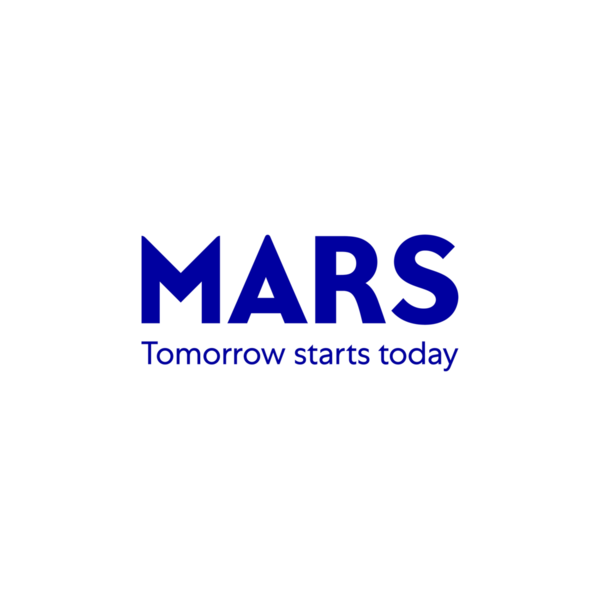
With US$40 billion in annual revenues in 2021, Mars, Incorporated is an American multinational company that produces chocolate, pet food, and other food products in addition to offering animal care services.
With its corporate headquarters in McLean, Virginia, Mars Inc., one of the biggest food packaging firms in the US, is best known for M&M's, Skittles, MilkyWay, and other confectionery products.
They committed to getting rid of all PVC from their packaging by 2020, and they are now investigating degradable plastic alternatives to get to 100% recyclable materials by 2025.
Cargill, Inc.
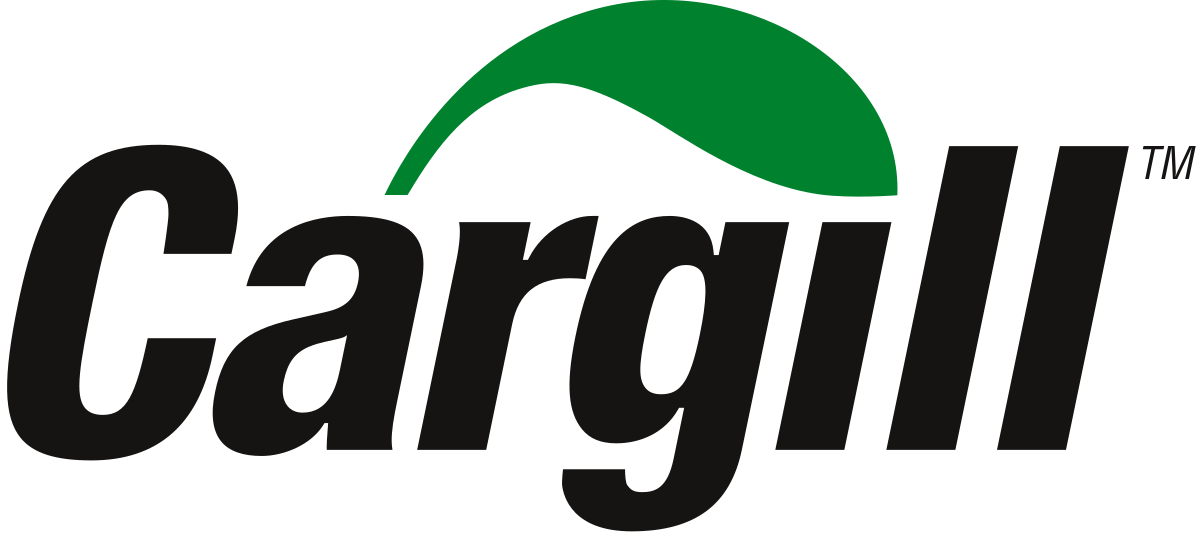
The biggest privately owned firm in the USA, Cargill, Inc. competes on a global scale in the food manufacturing, transportation, and packaging industries. Their main office is in Minneapolis, Minnesota.
Kraft Foods

The American food manufacturing and processing corporation known as Kraft Foods II, which was formed in 2012 after the separation of Kraft Foods Inc., is located in Chicago, Illinois. In 2015, it was incorporated by Kraft Heinz.
All of the cheese, beverages, salad dressings, and other food items are packaged by Kraft Heinz, the organization formed by the merger of Kraft Foods and H.J. Heinz.
Like other businesses, they have moved their attention to environmentally friendly packaging techniques and made a commitment to being 100% recyclable by 2025. Their main office is in Chicago, Illinois.
Mondelez International

Mondelez International is a global producer and supplier of packaged foods, including well-known Oreo and other sweet treats.
Using the most recent plastic and non-plastic packaging technologies, Mondelez wants to increase this percentage to 100% by 2025. Currently, 93% of the company's total packaging is recyclable. Their main office is in Deerfield, Illinois.
General Mills

Brand names including Fiber One, Pillsbury, Haagen Dazs, Blue Buffalo, and others are produced by General Mills in Minneapolis, Minnesota.
They want to be more sustainable by 2030 and are one of the US's top consumers of post-consumer recycled paper packaging.
Land O'lakes, Inc
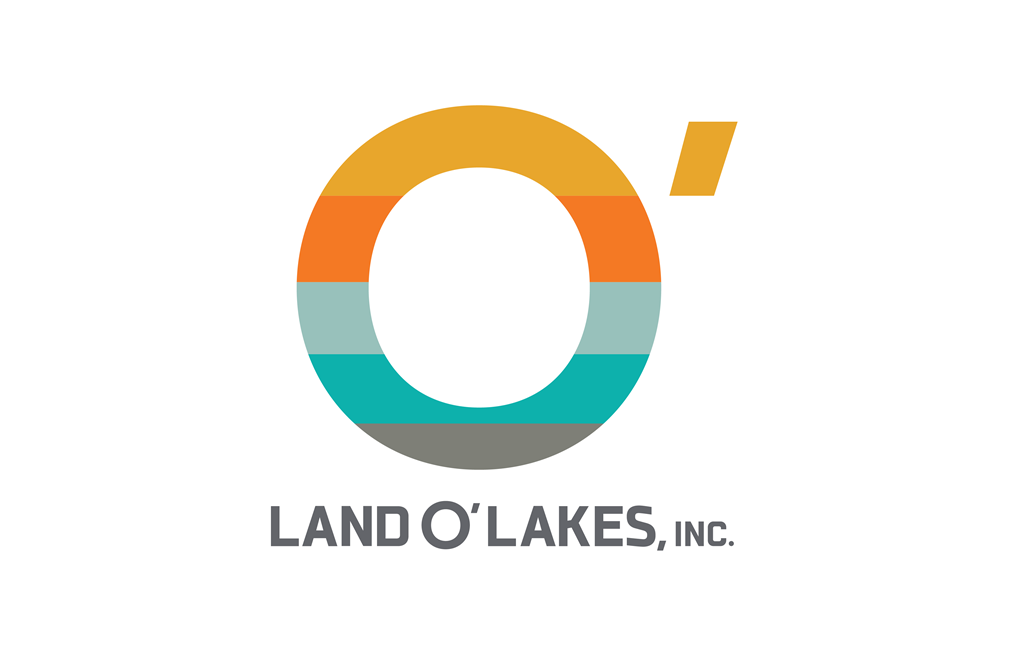
Millions of pounds of product are packaged yearly by Land O'lakes, Inc., which is widely recognised for its butter and cream products.
Their main office is in Saint Paul, Minnesota, and they also package cheeses, milk, creams, and other dairy goods in addition to their well-known butter.
Kellogg US
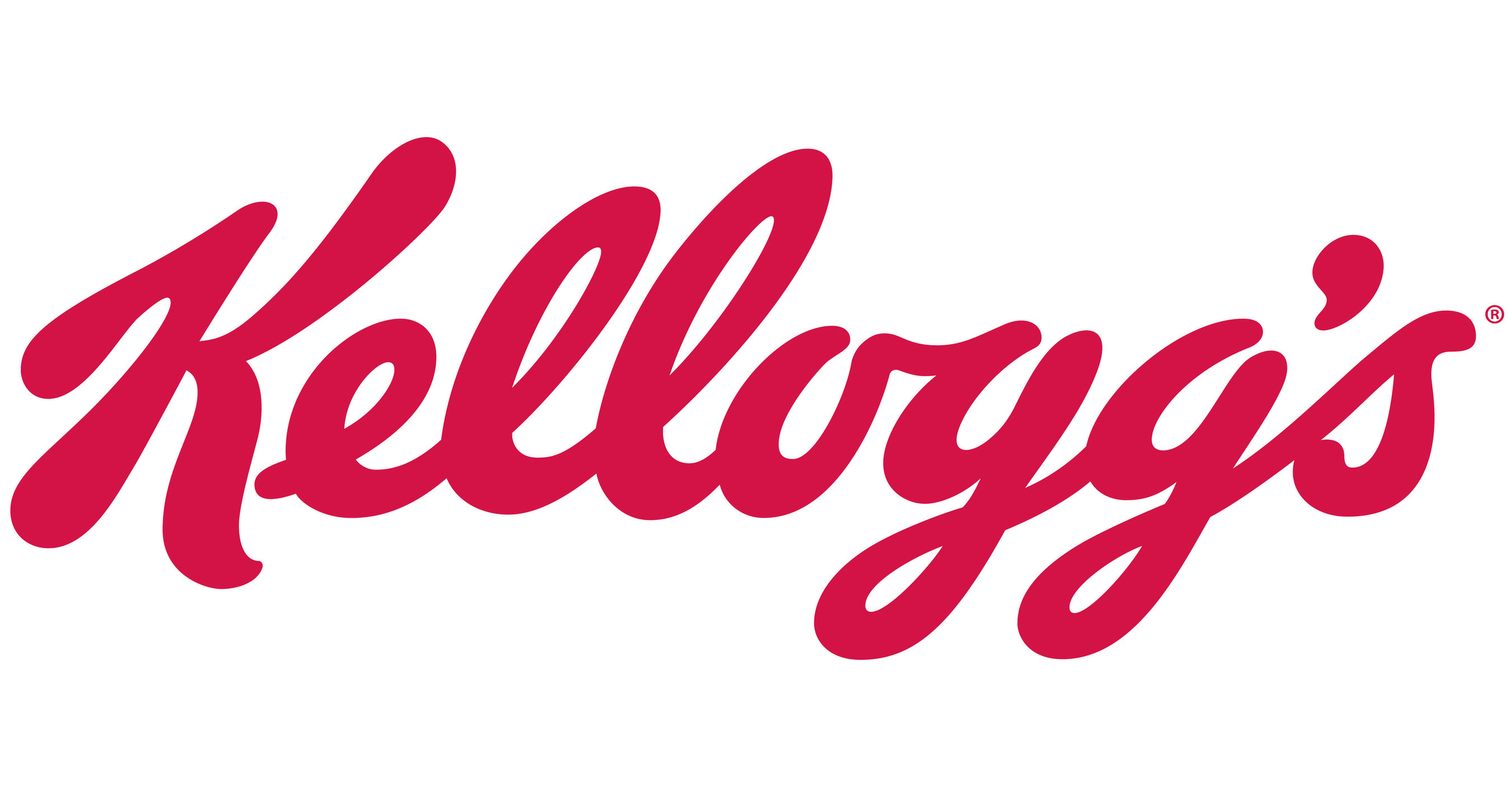
Based in Battle Creek, Michigan, Kellogg 1US manufactures and packages cereals, Pop-Tarts, Nutri-Grain, and a variety of other dry food products.
They have just developed the 2innovative K-One method to conveniently move products to and from packaging plants without deterioration. They specialize in bulk packaging of dry commodities.
Read Also: Should I Eat the Peel of an Apple?
Conclusion
The top food packaging businesses in the US according to yearly revenue were included in this article. We really hope that this information has you in your supplier quest.
My name is Wisdom Bassey, I’m a blog content writer and graphic designer who provides support and services for brands and different companies. I’m young and versatile, A tech enthusiast. I carry out deep research on every topic I choose to write about. You can reach me through my social media handles, I’m always available and ready to connect.
Additional resources and citations
- 1US manufactures
- 2innovative K-One
The content is intended to augment, not replace, information provided by your clinician. It is not intended nor implied to be a substitute for professional medical advice. Reading this information does not create or replace a doctor-patient relationship or consultation. If required, please contact your doctor or other health care provider to assist you to interpret any of this information, or in applying the information to your individual needs.

